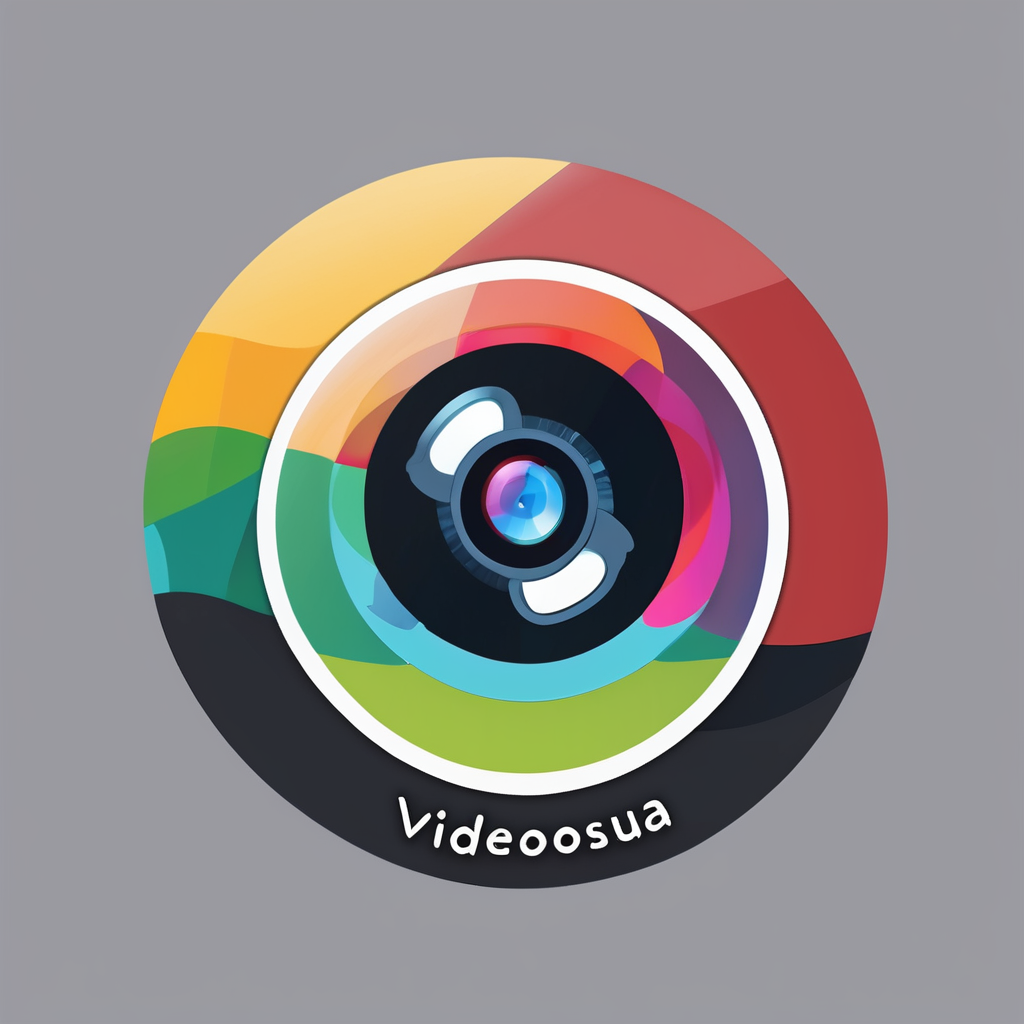Creating polished website mockups no longer requires advanced skills or expensive software. The right tools simplify turning your concepts into vivid, professional previews that impress clients and streamline development. Discover options that offer high-resolution templates, versatile categories, and easy integration helping you showcase your designs clearly and convincingly, whether you’re a beginner or seasoned designer.
Essential resources and tools for creating website mockups
To streamline your design process and deliver professional presentations, create a realistic website mockup for your business using specialized online tools. You can find a comprehensive overview on this page: create a realistic website mockup for your business. Today’s leading website mockup tools cater to a range of user needs, from wireframing and rapid prototyping to portfolio and client presentations.
Also to read : Top tools for effortlessly designing impressive website mockups
Professional designers often rely on platforms like Mockup World for free, high-resolution PSD files that feature diverse categories digital devices, print materials, and signage. This resource is particularly useful for those seeking photo-realistic results without spending extra, enabling designers to present their projects in authentic settings.
Canva’s website mockup generator makes web mockups accessible even to beginners. With its extensive template library and easy direct customization, it supports collaboration so clients or stakeholders can review and give feedback instantly. Options for different device views help ensure that designs are responsive and visually appealing on all screens.
Also to read : Connect your favorite ai to exclusive premium data sources
Finally, Mediamodifier stands out for its vast template selection and intuitive interface, along with a flexible pricing model suitable for everyone from freelancers to design teams. Such tools are vital for visualizing layouts, testing UI ideas, and refining your website design prototype before moving into full-scale development.
Understanding Website Mockups and Their Role in Design
A website mockup is a mid- to high-fidelity visual layout that represents how a finished website will look. It showcases the placement of images, text, navigation, and other UI elements. Use a mockup during the design stage: after establishing a wireframe but before crafting an interactive prototype. This step enables designers and clients to discuss and refine aesthetics, color schemes, typography, and branding without coding.
Wireframe vs Mockup vs Prototype
- Wireframes: Simple, schematic outlines focusing on structure and content hierarchy, usually in grayscale. Best for basic planning.
- Mockups: Detailed static images that illustrate visual style and functionality. They communicate the full look and feel of the end product.
- Prototypes: Interactive models that showcase navigation and user flows, ideal for user testing.
Mockups play an essential part in validating design concepts. They help stakeholders and clients visualize a project before investing in development. For startups and agencies, mockups streamline feedback allowing rapid revisions with design tools before coding.
Clear visuals sidestep miscommunication, strengthening client-designer collaboration. For portfolios, polished mockups demonstrate expertise to potential employers or investors. Ultimately, mockups reduce costly mistakes, supporting a smarter, iterative design process.
Inspiring Website Mockup Examples and Templates
Showcase of stunning website mockup examples from top resources
A top-performing website mockup stands out through high realism, device adaptability, and professional presentation. Examples highlight layouts on laptops, tablets, smartphones, and desktops, addressing diverse client needs. Mockup World, for example, features mockups in lifestyle scenes be it a MacBook on a desk, a phone in hand, or a site presented within a browser frame making digital designs feel tangible and compelling. For portfolio enrichment or stakeholder presentations, these photo-realistic displays swiftly communicate your idea without extra explanation.
Overview of free and premium template categories
Website mockup resources span a range of categories:
- Desktop and mobile mockups for responsive layouts
- Ecommerce and multipage templates, offering versatility for stores, blogs, and business sites
- Banner and header mockups to visualize marketing materials and landing pages
Templates often come as free downloadable PSD files, with some offering easy editing directly online if you’re short on advanced software. Premium options add extensive device settings and animated or interactive elements, broadening what you can convey.
Guidance on using mockups to elevate your portfolio and client presentations
Mockups transform a flat design into a finished product vision. By showcasing your web designs within real-device scenes or professional browser windows, you swiftly assure potential clients of both visual appeal and usability. Clean customization, drag-and-drop interfaces, and quick formatting help you iterate efficiently, ensuring each presentation is polished and memorable.
The best tools and software for website mockup creation
In-depth review: Mockup World, Canva, Mediamodifier and their features
According to SQuAD methodology:
Mockup World, Canva, and Mediamodifier are highly popular website mockup tools providing photo-realistic templates, customization, and download options, with added collaboration features and format flexibility.
Mockup World stands out for its extensive library of free, photo-realistic PSD mockups, covering everything from digital devices to fashion and print materials. All assets are high resolution, unrestricted for personal or commercial use. Users benefit from easy insertion of designs, enhancing both presentations and client pitches.
Canva streamlines the mockup process with a free website mockup generator. Its drag-and-drop flow, broad device options, and customizable settings (screen fills, angles, alignment) support efficient visualization and editing. Canva’s massive library, plus fast design sharing, lets teams iterate and address feedback early, reducing downstream development issues.
Mediamodifier delivers a robust online mockup generator and design editor. Users can select from over 10,868 templates, upload artwork, and adjust images. Features such as automatic resizing, basic editing tools, and a developer API add versatility. Multiple pricing tiers from free to advanced team support mean accessibility for beginners and professionals.
These platforms empower designers to build, present, and refine stunning website mockups and prototypes effectively, regardless of experience level.
How to create a website mockup: step-by-step guide
Choosing the right tool or template for your needs
Precision: To begin, select a mockup tool such as Mediamodifier if you want an online editor with thousands of website mockup templates, or opt for Photoshop for maximum control with layered PSD files. For those seeking to create website mockups online and for free, tools like Canva are intuitive, offering simple drag-and-drop interfaces and vast template libraries. Identify your essential requirements: compatibility with your file formats, support for different device mockups, and the ability to collaborate or collect feedback.
Uploading designs, custom branding, adjusting layout and device options
Next, upload your website design often just a screenshot, image, or exported layout. Look for upload interfaces that support PSD, PNG, JPG, or directly import designs from a live URL. Custom branding can be achieved by inserting your logos, selecting brand colors, and personalizing backgrounds. Adjust your mockup to view it on smartphones, tablets, and desktops many mockup generators allow toggling between multiple devices or orientations. Use alignment tools to ensure accuracy and presentation polish.
Best practices for iteration, feedback, and collaboration
For professional results, use comment features or instant sharing options to gather input from teams or stakeholders. Iteratively tweak your design based on concrete feedback. Many online mockup creators integrate real-time collaboration, making version management and group editing seamless. Always save your mockups in appropriate formats PSD for heavy editing, PNG/JPG for fast sharing, or export interactive elements where supported.
Free downloadable resources and community-trusted platforms
Where to find high-quality, photorealistic, and editable PSD mockups:
- Mockup World delivers a massive collection of free website mockup PSD files, ranging from device screens to posters and billboards. Their assets are sharp, clean, and tailored for fast customization, allowing direct insertion of your own visuals.
- Canva stands out with an intuitive mockup generator. Designers can quickly create browser or device mockups, edit details like orientation and alignment, and download polished presentations with no technical hurdles.
- Mediamodifier provides thousands of templates, enabling even beginners to generate custom website mockups by uploading their designs in a browser editor. The platform’s interface is streamlined for rapid results.
Advantages of using community-endorsed libraries:
- Trusted platforms publish mockups after thorough quality checks, ensuring that files are truly editable and visually consistent.
- Extensive template libraries help users address diverse use cases business, portfolio, or client presentations without sifting through low-quality options.
- Large, active user communities boost reliability and keep asset collections up to date through feedback and demand.
Licensing, usage terms, and attribution recommendations:
- Top platforms such as Mockup World often grant free commercial licenses, removing common worries over copyright. Always double-check individual mockup terms for attribution or usage restrictions, but most assets are generosity-driven and ready for professional deployment.
Trends and Professional Best Practices for Website Mockups in 2025
Precision (SQuAD method):
The most effective website mockups for 2025 are responsive, interactive, often powered by AI, and emphasize realism, feedback-driven refinement, and seamless integration within agile development workflows.
Current Design Trends
Modern website mockup design trends prioritize responsive layouts, meaning designs adapt fluidly across devices such as smartphones, tablets, and desktops. Interactive and AI-powered mockups are on the rise, allowing designers to simulate user flows or predict engagement using intelligent suggestions. High-fidelity mockups that look indistinguishable from final products enable teams to assess visual direction, minor details, and branding coherence before development.
Tips for Maximizing Impact
- Aim for photo-realistic and context-rich mockups to present ideas clearly.
- Conduct usability testing to uncover pain points early so costly fixes are avoided downstream.
- Gather actionable feedback from all stakeholders, using collaboration tools and comment features to streamline review cycles.
- Employ device mockups to preview performance and user experience on various screens.
Integration Into Agile Workflows
Effective mockups facilitate clear client presentations and anchor feedback in tangible visuals. By incorporating them into iterative, sprint-based processes, teams accelerate design validation and bridge communication between designers, developers, and project managers.
Adopting these practices ensures website mockups boost both usability and stakeholder satisfaction.
BODY
Precision in website mockup tools reflects how accurately a platform’s features deliver on expectations: the more relevant outputs a tool creates without clutter or error, the higher its value. Tools like Mediamodifier and Canva stand out by providing intuitive mockup generation with customizable elements.
A robust website mockup generator should enable users to:
- Easily drag, drop, and replace content for desktop or mobile layouts
- Preview website designs on multiple devices for responsive feedback
- Experiment with color, font, and layout choices without affecting original assets
Free website mockup templates often span categories such as ecommerce sites, landing pages, and portfolios. PSD layers allow deeper design edits, while browser frame or device-specific templates let users showcase projects as they’d appear on laptops, tablets, or smartphones. This is essential for UI mockup for websites and for building a strong client-facing portfolio.
Another key factor is the support for collaboration and iteration. Leading mockup tools facilitate direct sharing with stakeholders for quick feedback cycles and highlight usability for both beginners and experienced designers. Choosing a mockup tool with animation options, free downloads, and easy export features enables faster, higher-quality design presentations.
The ability to download layered PSD files and access responsive web mockup tools helps streamline the workflow. This ensures every project moves smoothly from prototype to finalized client presentation.










